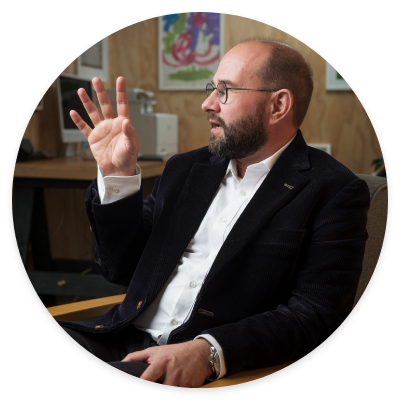The Leaders Toolbox should not be cluttered with tools you don’t need. As you progress from Manager to Leader there will be things you will need to let go off and special tools you must polish, hone and continue to develop. Todays blog focuses on 3 essential leadership tools you need in your leadership toolbox!

1. The Communication Tool.
Peter Drucker wrote that ‘the most important thing in communication is to hear what isn’t being said’. When leaders are in full flight they bring a calmness to the arena. Have you ever witnessed a leader who quietly goes about his/her business? They are not jumping around like a child following a sugar hit. They tend to use less words, they always speak last, and in the heat of the moment they will politely defuse the situation with just a look. Less is more when it comes to communication. Too often immature leaders are rushing to be heard, they feel the more that they say and the faster they say it the better the outcome will be. In Susan Cain book Quiet she wrote about the need for quiet leaders. The very essence of communicating is allowing voices to be heard, the encouragement of thought and the ability to paint a picture for all to understand. In the busy world of corporates we are losing the art of meaningful conversations, too often I witness meetings that are full of phones, laptops, projectors screens, video conferencing equipment, what we must get back to is good old fashion face to face conversation. A leader that spends time, quality time with his/her people, who listens deeply, is observes what is going on can understand what needs to be communicated and when!
2. The Time Tool.
Effective leaders have built usable ways of managing their time. Unlike the leader who isn’t in control of his/her time an effective leader will ensure they take full control of their time. With all the best intentions in the world and with modern day technology at the leaders fingertips why are so many leaders struggling to find ‘time’. To understand time you first need to understand where your time is going or being spent. Only then can he/she get the very best from time. The higher you go within an organisation the less time you will have. It’s therefore important to your success to ensure you keep a time log. This may seem irrelevant but I can assure you, every leader who I have coached has seen a dramatic shift in the use of his/her time once they understand where their time is going.
Time wasting boils down the inability to understand where you should be focusing your time! Get clear on your time.
3. The Decision Making Tool.
Poor decision making, and, or not making a decision can impact an organisation in more ways than one. It is imperative that a leader gets comfortable making decisions. You are going to make mistakes, you are going to get things right, your will continue to hone your decision making skills. To often we hear of leaders who just cannot make a decision.
“Whether you think you can or you think you can’t, you’re right.” — Henry Ford
I am a big believer that your role as a leader is to hire the right people at the right time and allow them to make decisions. In other words, get out of their way! The immature control freak will not thank me for that but the mature leader reading this will know exactly what I am saying here. A few years ago I was working with a CEO of a technology organisation in Australia. He had hired 12 General Managers who knew their stuff. In my interviews with each of them what I noticed was they were not making decisions. When I asked them they said oh Johnny (not the CE’s real name) makes all the decisions around here!
In one of my coaching sessions with the CE we were debriefing his leadership 360 assessment. He started to read and then reflect on the comments shared around decision making. He paused and said Nick, I am a terrible leader aren’t I? Tell me more Johnny, well as I am reading all these comments, I am the one in the way, I am not giving them the freedom to make their own decision, I am a control freak!
Our work over the next few months focused on delegating. I am happy to report that in a short period of time he had more time on his hands, his people felt more empowered and the cultural shift was a real game changer!
There is evidence around the world from smarter people than me that a leader will make thousands of decisions each and every day, my encouragement is get very clear on your role / responsibilities, communicate expectations, help people when they need it and get out of the way of those you appoint.
As we wrap up today’s blog, I am confident the toolbox of a leader will evolve but those three tools; communication, time, decision making should continue to be sharped and developed. The leader of leaders must get clear on communication, use ones time wisely and ensure decisions are made effectively.
- POur Global Headquarters is Auckland, New Zealand
- 17 Bishopgate Street, Birkdale Auckland, North Shore, New Zealand 0626
- nick@roudcareers.co.nz
- +6421375630



© Nick Roud Group | All Rights Reserved | Website by Harper Digital


